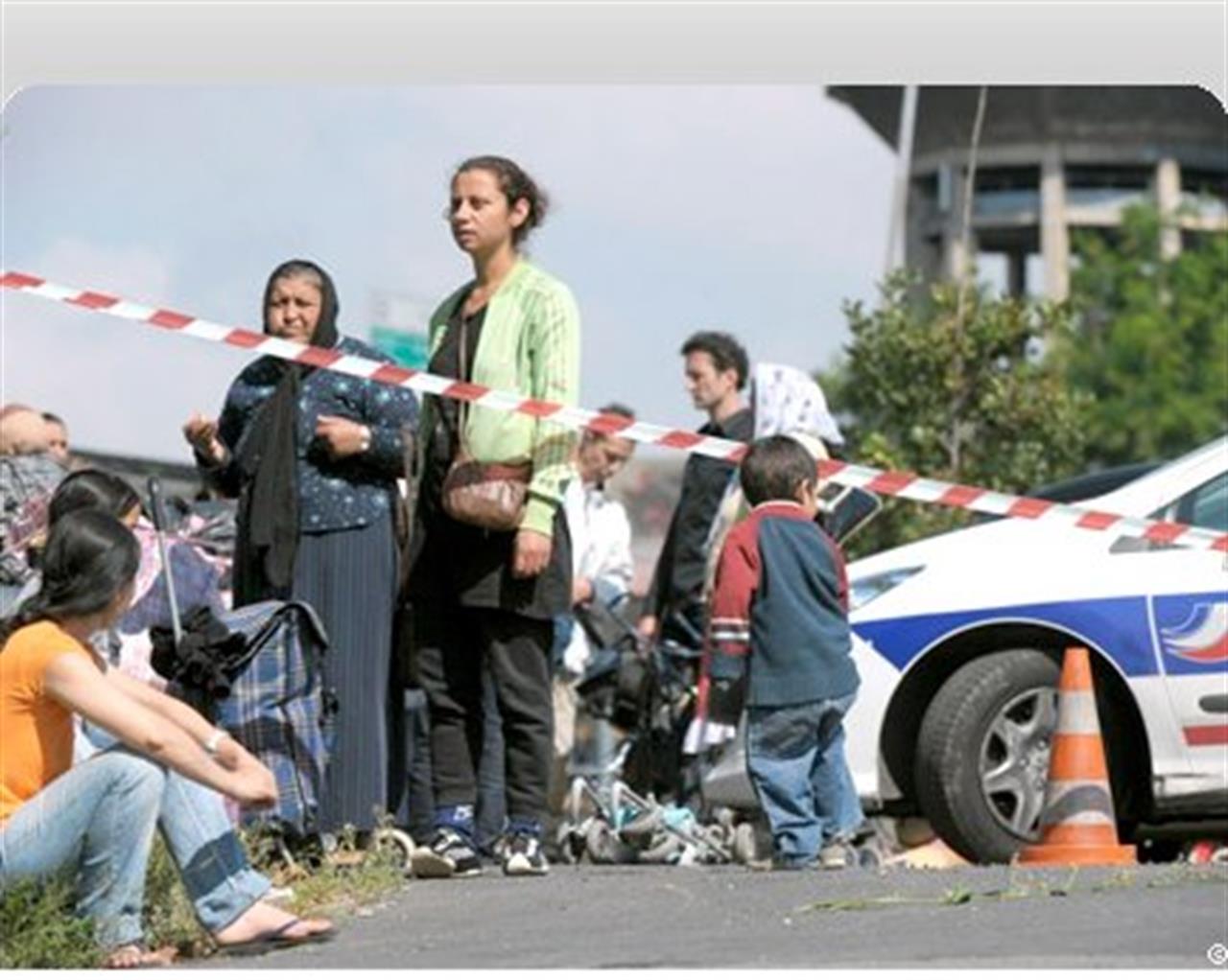Non profit
Roma immigrants leave Paris
France's expulsion of hundreds of illegal Roma immigrants has begun

France’s expulsion of hundreds of illegal Roma immigrants, many of whom are of Romanian nationality, has begun. Some 79 people accused of settling in the country illegally have already ‘voluntarily’ returned to Bucharest on a flight leaving from Paris early Thursday afternoon with 300 euros in their pockets (100 euros for children), another 132 will be sent home on Friday and 500 more over the course of the coming days.
The process is part of the French president Sarkozy’s move to crackdown on illegality and crime. And, say critics, bump him up a few positions in the opinion polls in view of the 2012 elections.
But since the interior minister, Brice Hortefeux, announced last month that 300 Roma camps would be destroyed by the end of October, the government has received mounting criticism from NGOs, national and European ministers alike.
The word on every one’s mouths is ‘xenophobia’. Indeed, Europe’s Roma minority is the frequent target of more than one political party. The French government, however, defends its position saying that Roma camps are “sources of illegal trafficking, of profoundly shocking living standards, of exploitation of children for begging, of prostitution and crime”, and insists that their actions “fully conform with European rules and do not in any way affect the freedom of movement for EU citizens, as defined by treaties”.
Matthew Newman, spokesman for EU Justice Commissioner Vivian Reding has said that: “we are watching the situation very closely to make sure that rules are respected”.
More controversial criticism has come from within the president’s UMP party, with one member, Jean-Pierre Grand, comparing the raids on the camps to the round-ups of Jews and Gypsies during Nazi occupation.
NGOs protecting Roma rights have urged Bucharest to secure integration for those returning from France. “The Romanian authorities must concentrate on social integration”, said Magda Matache of Romani Criss, who added that strategies are needed at the local level to ensure that children are matriculated into Romania’s education system and adults are helped into work.
More comments from human rights organizations are expected in the coming days.
Si può usare la Carta docente per abbonarsi a VITA?
Certo che sì! Basta emettere un buono sulla piattaforma del ministero del valore dell’abbonamento che si intende acquistare (1 anno carta + digital a 80€ o 1 anno digital a 60€) e inviarci il codice del buono a abbonamenti@vita.it
